

Aerospace & Defense
Navigating turbulent skies
Civil aerospace has been hit hard, but diversified companies find the crisis much easier to navigate.
Gone are the days of long-term rapid growth. The aerospace & defence industry today is a mixed bag, with some underlying sectors suffering deeply while others stay broadly steady.
Civil aerospace has been hit hard, deeply impacted by airline groundings and aircraft order cancellations. Compounded by a global recession, the civil aerospace sector may not recover for many years to come. However, as has been in the case in previous economic recessions, the defence, space and security sectors remain relatively strong - and companies which are diversified are finding the crisis that much easier to navigate. At the same time, new burgeoning sectors are on the horizon, such as Urban Air Mobility , while the focus on sustainability in civil aerospace continues to rise rapidly.
These trends are forcing OEMs and key technology suppliers to rethink their business and operating models to adapt to the "new normal", revisit their talent and competence management strategies, review their product portfolio, adjust their global footprint, streamline operations, and make their cost structures more flexible to rapid change.
Our aerospace and defense team serves the civil aerospace, space, defense, and security industries. We advise renowned OEMs and their suppliers, institutions, agencies, governments and investors along the entire value chain – global, strategic and operational solutions from design and production, all the way to service.
We help our clients to not only organise themselves to succeed through crises, but also identify and exploit new sources of growth and efficiency, delivering deep industry expertise and cutting-edge strategic advice as well as sustainable improvements. We also support them in structuring and managing major transformation initiatives, taking full advantage of digital technologies and mindsets.
The time to ramp up production to ever higher rates is over – instead, the industry is now more concerned with operational flexibility and preparedness for a potentially long-lasting pandemic.
At Roland Berger, we work at the heart of the industry's core: program management, engineering, manufacturing and supply chain, as well as support and service. Our teams deliver concrete, measurable results and have been at forefront of helping companies navigate the complexities of the current crisis.
The megatrend of sustainability has remained strong - and, if anything, has accelerated through the crisis. Airlines and aerospace companies alike are increasingly vocal about their ambitions in net-zero or even zero emissions air travel. Technologies such as electric, hydrogen and SAFs are all being considered, and each holds potential to significantly decarbonise the sector. Indeed, the challenge goes beyond carbon: non-CO₂ effects such as NOX and contrails must also be mitigated for the industry to become truly sustainable. Our Roadmap to True Zero lays out how the civil aerospace and aviation industries can both decarbonise and also minimise their non-CO₂ footprints.
With hundreds of startups, billions invested and barriers continually being overcome, the Urban Air Mobility is an essential part of the rapid global move towards smart mobility. With the passenger drone market expected to emerge in the 2020s, UAM platforms will serve use cases such as inter-city flights, airport shuttles and city taxis. More than 160,000 passenger drones are expected to be in operation by 2050.
Roland Berger is primed to help both incumbent and new entrant businesses to evaluate the impact of emerging technologies like UAM, develop the commercial case and assess the ramifications for the supply chain. Our team of experts in drones, novel propulsion systems, and system-of-systems models can help develop the winning strategy to crack the emerging UAM market.
The space sector is currently undergoing a transformation. Despite still largely subsidizing the sector, governments are pushing toward more risk-sharing with private players when managing space programs. This paradigm shift has led newcomers to compete against incumbents on long-term attractive government contracts. These new entrants are offering lower development and manufacturing costs through radical changes in their operating model, pushing legacy players to re-invent themselves to remain competitive. At the same time, in the current context of budget constraints, public organizations are aiming at maximizing the positive socio-economic benefits of investments in the space sector. Concurrently, private players are aiming at developing space-based solutions that could be beneficial for many global industry verticals.
At Roland Berger, we help public and private organizations to benefit from the opportunities offered by the space sector. Thanks to our domain expertise, we understand how the dynamics of the sector are impacting our clients and can support them to define actionable strategies to enable their transformation journeys. As a result, we can help companies grow in established markets and capitalise on new opportunities while significantly improving competitiveness.
Given the ongoing international threat environment, overall defence spending is expected to remain resilient and drastic cuts by major powers are not expected – though growth may be constrained in some nations. Nevertheless, budgetary constraints caused by government spending becoming focused on fighting the Covid-19 pandemic mean that procurement timelines may be pushed out, with defence spending allocations being reprioritised.
At the same time, global defence paradigms are being challenged. In mature markets, relationships and ways of interacting between governmental customers and defence industries are being redefined. Concurrently, emerging markets are striving to establish local defence industries and are mobilizing players from other sectors to enter defence. In addition, technological megatrends such as C4ISR, cyber/electronic warfare, and unmanned air systems are advancing, while large multinational programs such as FCAS are expected to be game changers in technology, triggering a reshaping of the industrial landscape.
We help clients in military aircraft, land, and naval systems across the globe to mastermind and implement necessary transformations by revisiting their strategy, reviewing their organizational setup, honing their sales and marketing approach, improving the cost structures of their products, and optimising their structures to participate in large multinational programs. We also help diversified players to re-structure their corporate strategy as global trends shift, including increasing their focus on defence while civil markets struggle.
With a wide range of both physical and cyber threats posed by terrorism, espionage, and migratory pressure, the security industry has shown strong growth that is set to continue in the years to come. Public safety is a key enabler for economic growth and stability, and is fundamental to quality of life in modern, open societies. Security systems protect military facilities and help safeguard critical infrastructures like power facilities, harbors, shipping lines, banks, R&D facilities, and production sites. It has also become a key issue at the board level in most industrial companies.
Our experts support clients in identifying growth opportunities, and then help them transform these into profitable business. At the same time, we support corporate leaders in reviewing their companies' security architecture and implementing required changes in governance and organization.
Directly linked to aircraft utilisation, the civil aerospace aftermarket has been deeply hurt by Covid-19: as airlines have grounded their fleets en masse and cut MRO spending drastically. As the air transport sector recovers, MRO revenues will too – but this recovery is expected to be slow. Furthermore, this markedly reduced market going forward is expected to support a fewer number of players compared to pre-crisis levels – we are thus expecting to see significant consolidation in the coming years.
Roland Berger assists OEMs and suppliers to address the challenges which are emerging through strategically re-orientating their businesses and improving operational efficiency. We partner with airlines and other operators to reduce maintenance costs, with MRO providers to grow their top-line while optimising their cost base and footprint, and with OEMs to structure the value chain to deliver the greatest value to end customers.
Due to its direct dependence on aircraft utilization, COVID-19 hit the aviation industry's commercial maintenance and repair market hard after airlines grounded their fleets en masse and slashed MRO spending. As air traffic recovers, so will MRQ revenues - but this recovery is expected to be very slow. Moreover, compared to the pre-crisis period, this significantly shrunken market is expected to offer space for only a smaller number of players from market participants in the future - we therefore expect a considerable wave of consolidation to roll towards us in the coming years.
Roland Berger helps OEMs and suppliers meet the challenges of strategically realigning their business and improving operational efficiency. We work with airlines and other operators to reduce maintenance costs, with MRO providers to increase their revenue while optimizing their cost base and their environmental footprint, and with OEMs to structure the value chain in a way that provides maximum value to end users.




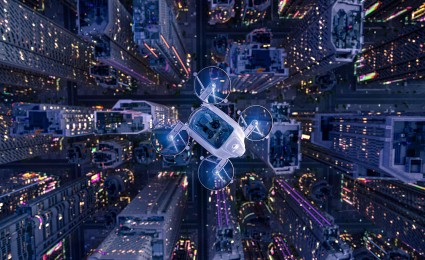

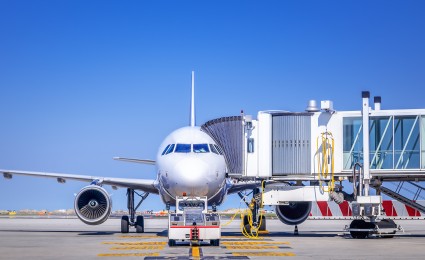



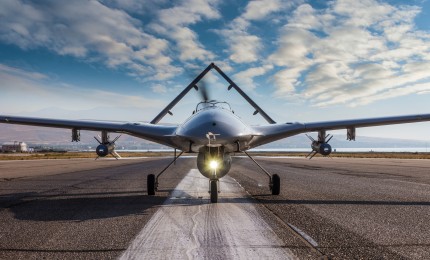

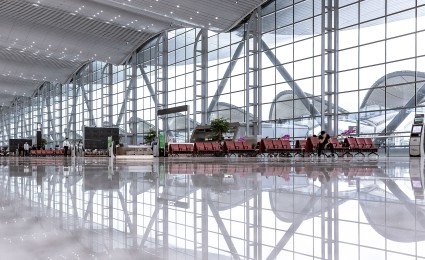
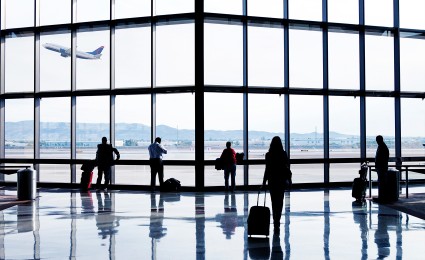


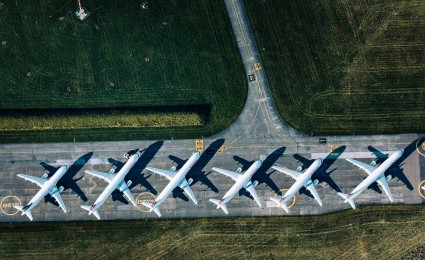
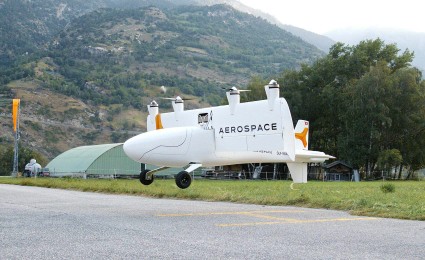
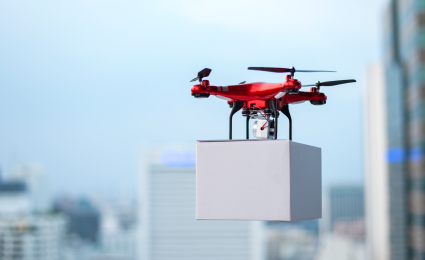

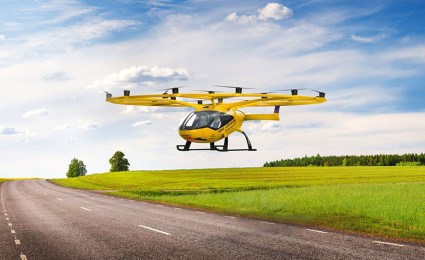

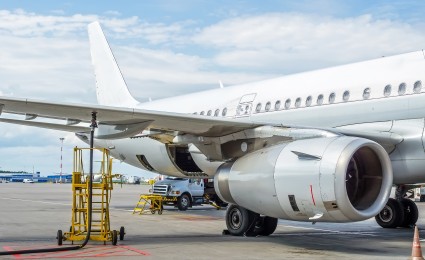


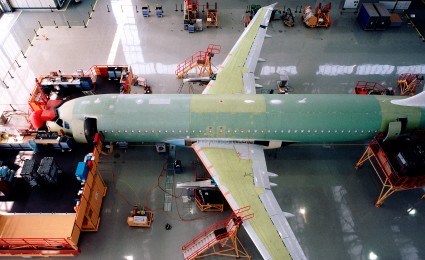
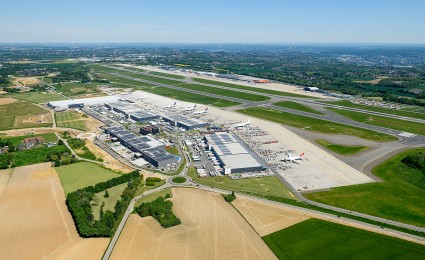
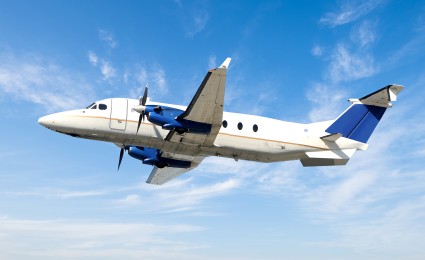

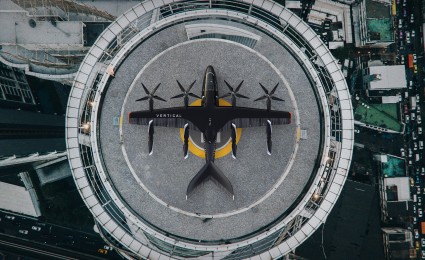
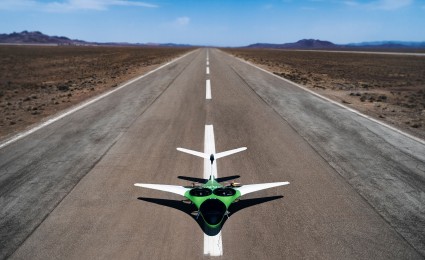
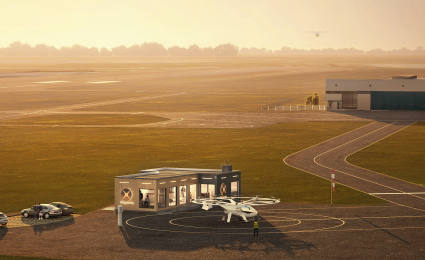
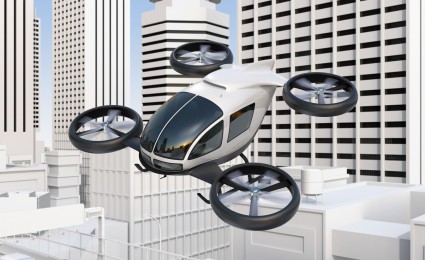
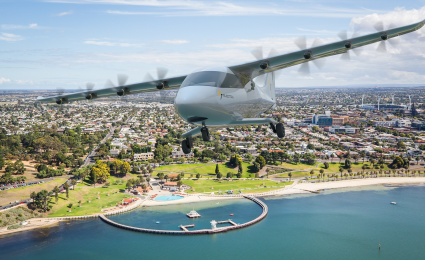
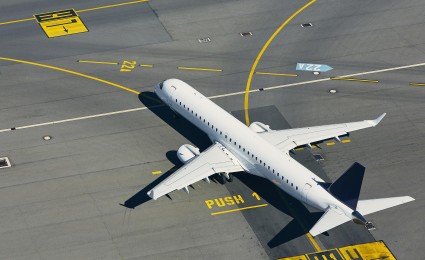
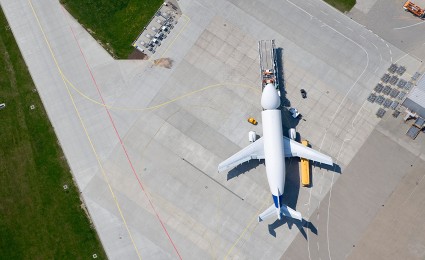
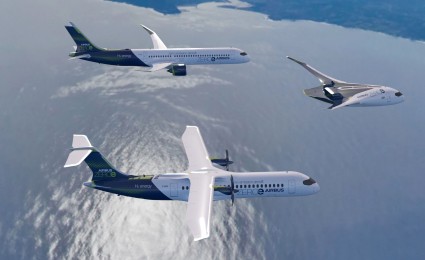
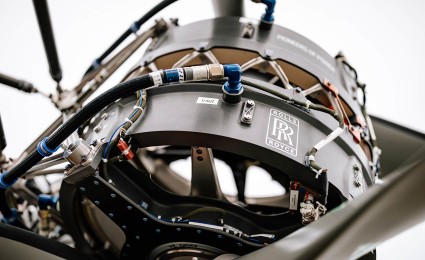
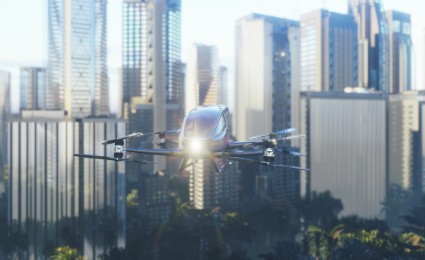
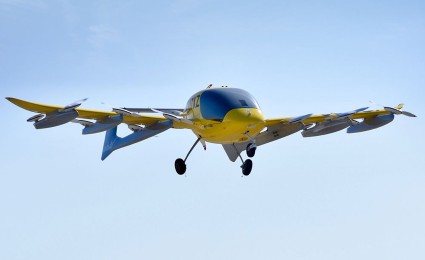
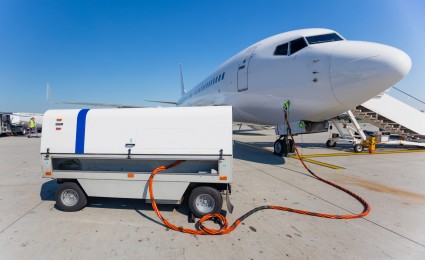


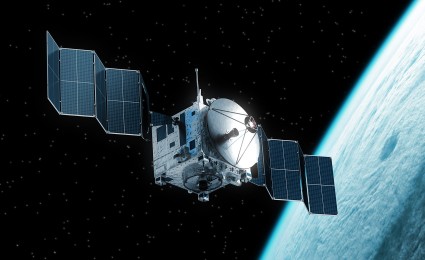
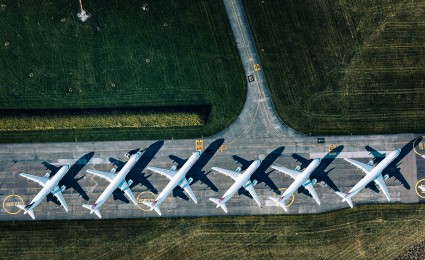

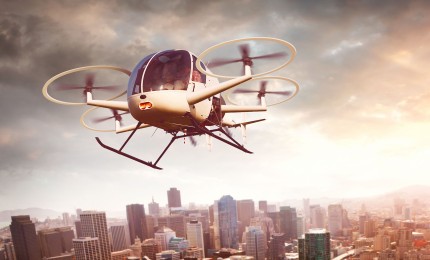
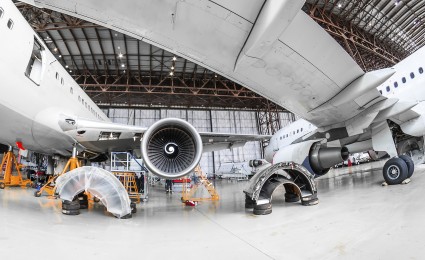

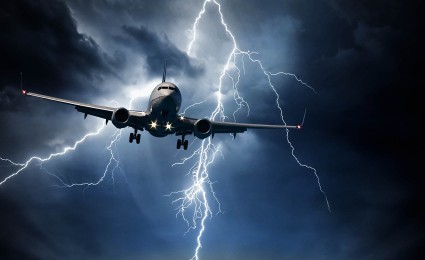

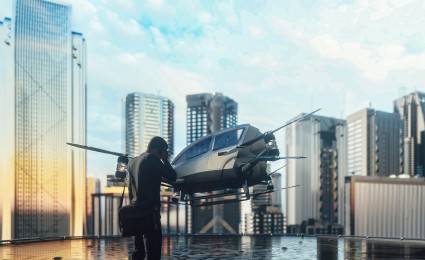

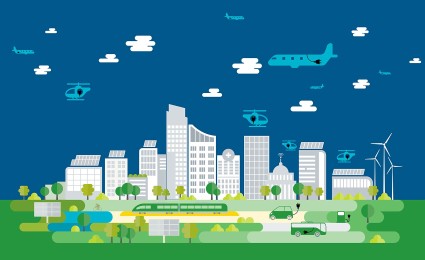
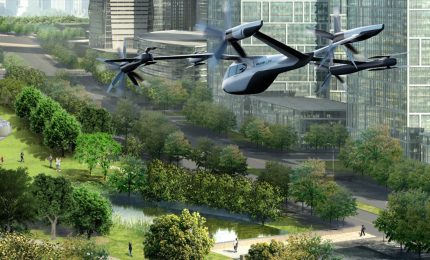















_person_144.png)

